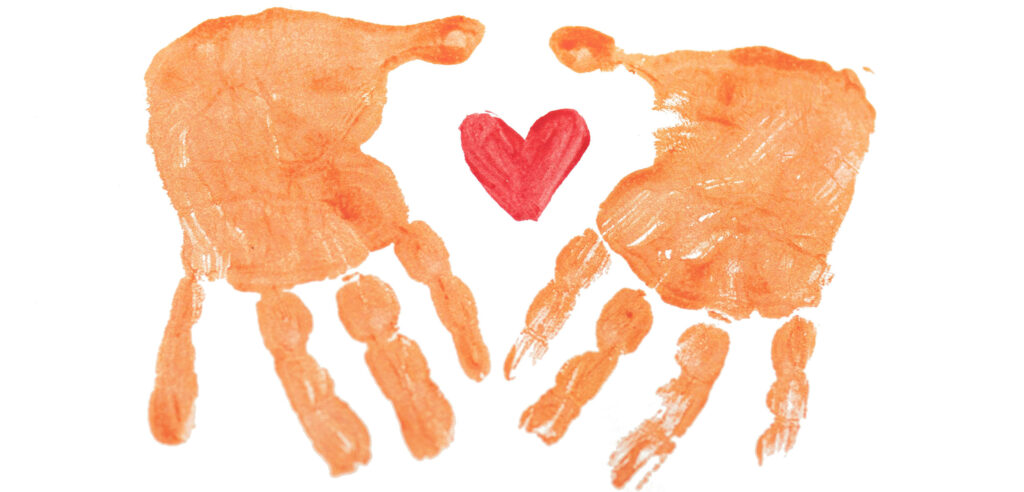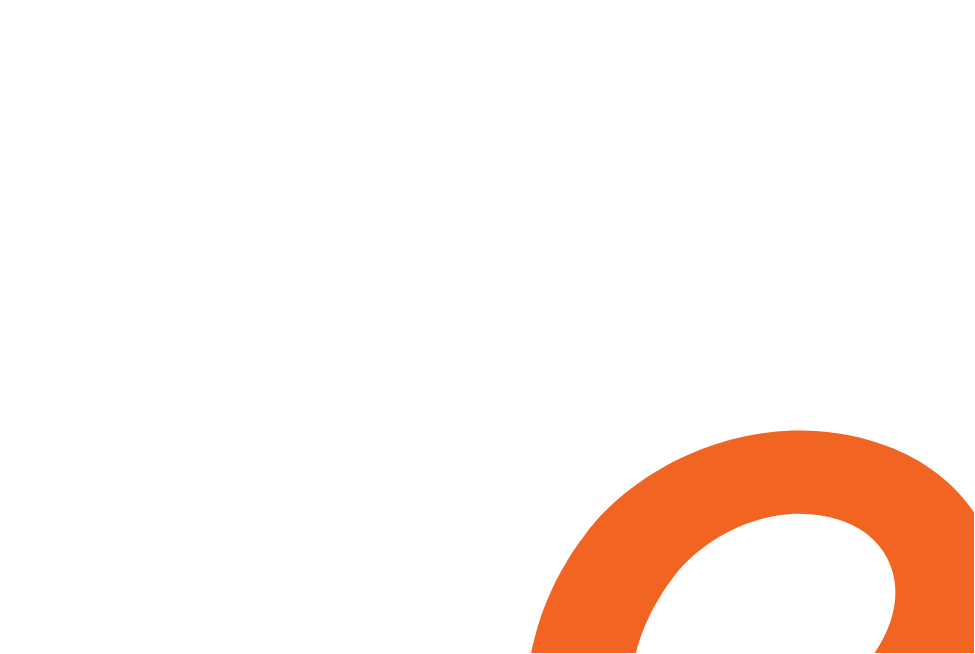Is this Marketplace ad real or a scam? What you need to know for safe online shopping
As the holiday season approaches, online shopping becomes even more convenient—but it also comes with risks. According to Scamwatch, Australians lost over $7 million to online shopping and classified scams in 2024, with actual losses likely even higher.
Common online scams
- Fake websites & social media ads: Scammers create fake websites or social media ads that look like well-known brands, using stolen logos and ABNs to appear legitimate.
- Marketplace scams: Scammers may target platforms like Facebook, Gumtree, eBay, or Amazon.
How these scams work
Scammers often lure buyers with deals on high-demand items at low prices, creating a sense of urgency or scarcity. Sadly, these products often don’t exist, or if they do, they’re poor-quality fakes.
Warning signs of a scam
- Too good to be true: If the deal seems unusually good, be cautious.
- Urgent language: Limited offer or countdowns are common tactics.
- New or suspicious websites: Recently created sites or pages with strange URLs.
- Lack of seller info: No contact info, trading history, ABN, or privacy policy.
- Odd payment requests: Insistence on cryptocurrency, gift cards, or PayID (refer our previous article on PayID scams here).
- Name mismatch: The seller’s name doesn’t match the bank account name.
How to protect yourself
- Pause before you buy: If the deal sounds too good to be true, it probably is.
- Go directly to the website: Type the store’s web address into your browser instead of clicking links.
- Research the seller
- Search for the official website (the first result isn’t always legitimate).
- Copy ad text into a search engine along with “scam” or “review” to check for scam reports.
- Look up the seller’s profile history and independent reviews.
Check the website address for red flags:
- Look for unusual characters, misspellings, or URLs ending in unexpected domains. For example with dashes or symbols, or slightly different wording such as Ap9le.
- Use the Internet Corporation for Assigned Names and Numbers (ICANN) platform https://lookup.icann.org/en, to see when the website was registered.
- If the website is a .au, use WHOIS https://whois.auda.org.au/ to see who registered it and compare it to the website information.
- Keep personal information private: Avoid sharing bank logins or documents like a driver’s licence.
- Stay on the platform: Keep communications within the marketplace, like Facebook or Gumtree.
What to do if you’ve been scammed
- Report to Summerland Bank: Contact us as soon as possible.
- Social media scam: Report it through the platform’s reporting channels.
- ReportCyber: If you’ve lost personal information or money, file a report to involve law enforcement through ReportCyber, a platform from the Australian Cyber Security Centre https://www.cyber.gov.au/report-and-recover/report
- Scamwatch: Scamwatch is an Australian Government platform that works with other organisations to educate consumers and take down scam websites and ads https://www.scamwatch.gov.au/report-a-scam
Stay safe and informed as you shop online this season.






